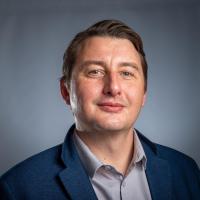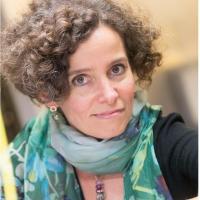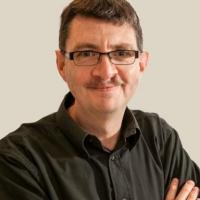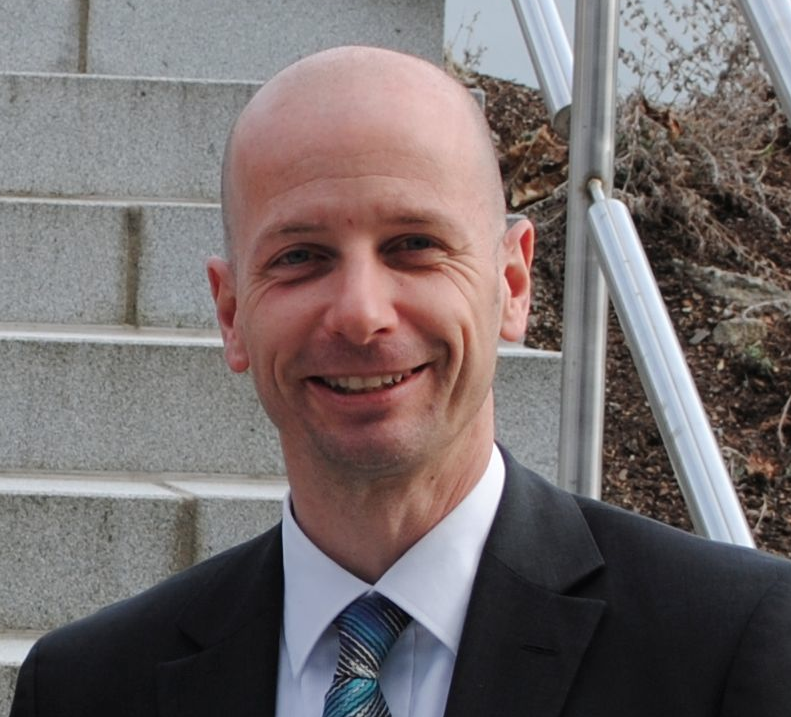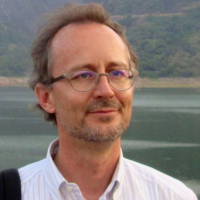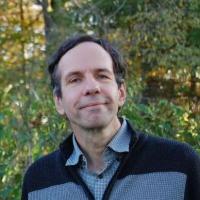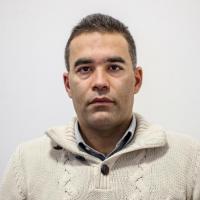Tutorials
In EOSAM2023, as in previous EOSAM conferences, in addition to the conference program including contributed and invited speakers, we wish to provide an additional benefit to all registered attendees at EOSAM in the form of tutorials covering Topical Meeting (TOM) topics. The tutorials will be held on Monday.
Participation in these tutorials is free for all registered participants of the conference but pre-registration required for each tutorial. Registration is binding.
Sébastien Bidault
Institut Langevin, ESPCI Paris, Université PSL, CNRS, Paris, France
Title: Electromagnetic coupling at the nanoscale: from plasmonics to photosynthesis
Sébastien's tutorial will concern at least the following TOMs:
- TOM 3: BioPhotonics
- TOM 4: Nanophotonics
- TOM 5: Optical Materials
- TOM 6: Nonlinear and Quantum Optics
John M. Dudley
Université de Franche-Comté, Institut FEMTO-ST, Besançon, France
Title: 50 years of solitons: fundamentals to applications
The year 2023 represents fifty years since Hasegawa and Tappert predicted that temporally-localized solitons could be generated in optical fibers. This opened up an entirely new field of nonlinear fiber optics, and soliton concepts are now central to many different areas of photonics including the design of ultrafast lasers, frequency comb generation, as well as interdisciplinary studies related to rogue waves. This tutorial will provide an overview of the field.
John's tutorial will concern at least the following TOMs:
- TOM 6: Nonlinear and Quantum Optics
- TOM 7: Optical Frequency Combs
- TOM 8: Ultrafast optics
- Focused Sessions
Visit John’s webpage or LinkedIn page
Oliver Fähnle
OST – Eastern Switzerland University of Applied Sciences, Switzerland
Title: From Optical Design to Optical Fabrication and Photonics Systems Generation
Oliver's tutorial will concern at least the following TOMs:
- TOM 2: Adaptive and Freeform Optics
- TOM 5: Optical Materials
- TOM 7: Optical frequency combs
- TOM 9: Applications of Optics and Photonics
- Focused Session 4: Machine-Learning for Optics and Photonic Computing for AI
Philippe Grelu
Université de Bourgogne, Laboratoire ICB, Dijon, France
Title: The World of Optical Solitary Waves in Ultrafast Lasers
Philippe's tutorial explains the major evolution of optical soliton concepts in ultrafast lasers, largely driven by the fiber laser experimental platform and the dissipative soliton framework, which made scientists move beyond conventional laser stereotypes.
Philippe's tutorial will concern at least the following TOMs:
- TOM 6: Nonlinear and Quantum Optics
- TOM 7: Optical Frequency Combs
- TOM 8: Ultrafast Optics
- Focused Sessions
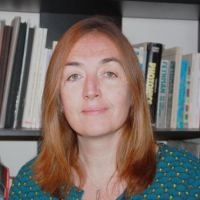
Sandrine Lévêque-Fort
Université Paris-Saclay, France
From fluorescence microscopy to nanoscopy : keys to imaging beyond the diffraction limit
Sandrine's tutorial will concern at least the following TOMs:
- TOM 3: BioPhotonics
- TOM 4: Nanophotonics
- TOM 5: Optical Materials
- TOM 6: Nonlinear and Quantum Optics
- TOM 9: Applications of Optics and Photonics
Rüdiger Paschotta
RP Photonics AG, Frauenfeld, Switzerland
Title: Simulation of ultrashort pulse propagation in fibers
It will be explained how the propagation of picosecond and femtosecond pulses in optical fibers can be simulated, taking into account chromatic dispersion, various kinds of nonlinearities and wavelength-dependent saturable gain. (A special challenge is the latter, if both time and frequency domain need to be considered.) Coherence properties of frequency combs can be investigated with some additional statistical processing.
Various techniques can also be applied for pulse propagation in other kinds of media, such as waveguides in various doped insulators or silicon.
Rüdiger´s tutorial will concern at least the following TOMs:
- TOM6: Nonlinear and Quantum Optics
- TOM7: Optical frequency combs
- TOM8: Ultrafast Optics
Roozbeh Shokri
Thorlabs GmbH, Germany
Title: Thorlabs Fast Thermal Sensors
Roozbeh's tutorial will concern all TOMs:
- TOM 1: Silicon Photonics and Integrated Optics
- TOM 2: Adaptive and Freeform Optics
- TOM 3: BioPhotonics
- TOM 4: Nanophotonics
- TOM 5: Optical Materials
- TOM 6: Nonlinear and Quantum Optics
- TOM 7: Optical frequency combs
- TOM 8: Ultrafast optics
- TOM 9: Applications of Optics and Photonics
Antoine Dubrouil
Femto Easy, France
Title: How to measure your ultrafast pulses?
Antoine’s tutorial will concern all TOMs.

